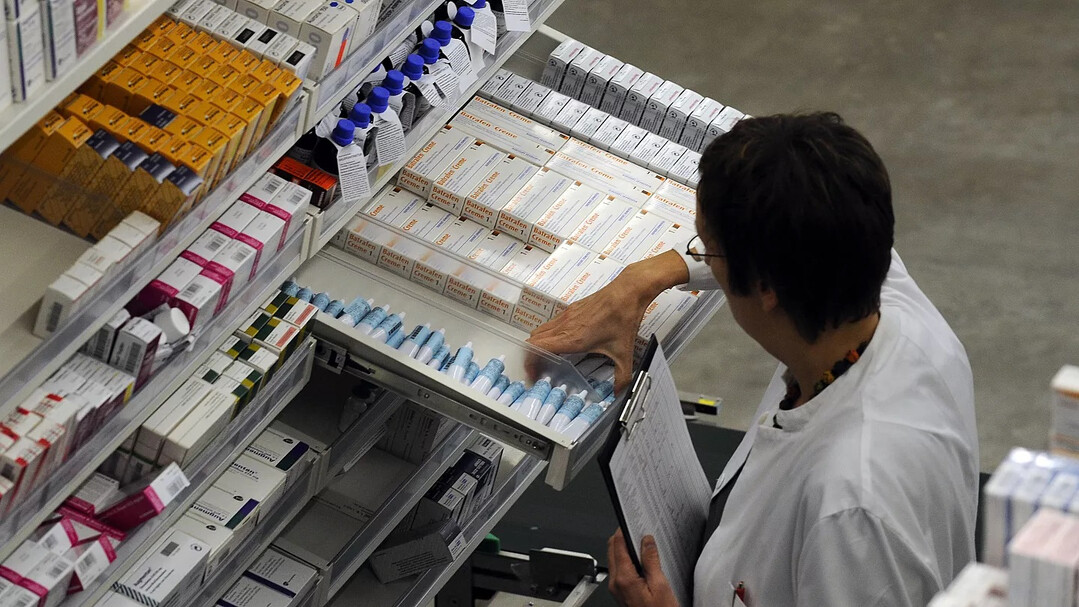
Brussels, Belgium – As Europe navigates an increasingly complex geopolitical landscape, Belgium is spearheading efforts to fortify the continent's medicine supply chain through the forthcoming Critical Medicines Act (CMA). With a focus on identifying vulnerabilities, boosting domestic production, and ensuring equitable distribution, Belgium's Federal Public Health Authorities and the Federal Agency for Medicines and Health Products (FAMHP) are advocating for a robust and ambitious legislative framework.
Central to Belgium's priorities is a comprehensive mapping of the weakest links in Europe's medicine supply network. This initiative aims to pinpoint critical dependencies, particularly for essential medications used in emergency and intensive care settings. By proactively identifying these vulnerabilities, policymakers can implement targeted strategies to strengthen critical supply chains and mitigate potential disruptions.
"Considering the dire security situation that Europe currently finds itself in, we call upon the Commission to show a high level of ambition to safeguard Europe’s medicine supply against the eventuality of [trade] wars and public health disasters and to duly take into account the recommendations of the Alliance," stated the Belgian Federal Public Health Authorities in a joint response. This urgency reflects the growing recognition of the need for strategic autonomy in pharmaceutical production.
To bolster domestic production, the FAMHP is advocating for financial incentives, including targeted state aid and EU funding, to support the manufacturing of critical medicines, with a particular emphasis on generics. Integrating medicine manufacturing into Europe's broader security strategy is seen as essential for reducing reliance on external suppliers and enhancing resilience.
"Recent years have shown that the EU cannot remain dependent on just a few suppliers outside Europe for critical medicines," emphasized Hugues Malonne, CEO of the FAMHP. "The Critical Medicines Alliance has now developed a roadmap to address these vulnerabilities and secure the supply of critical medicines."
Furthermore, Belgium is championing the establishment of a coordinated EU-wide stockpiling system. The FAMHP warns that fragmented national stockpiling efforts risk exacerbating shortages across member states. A harmonized, transparent approach to stockpiling would ensure fair distribution while maintaining sufficient emergency reserves.
Resilience in procurement policies is another key priority. The FAMHP is advocating for legally binding criteria under the Most Economically Advantageous Tender (MEAT) framework. This would shift procurement decisions from a sole focus on cost to prioritize long-term supply security, environmental sustainability, and geographic diversification. This approach aims to create more sustainable supply chains less vulnerable to sudden disruptions.
To ensure a level playing field for European medicine producers, Belgium is calling for a study to assess the competitive disadvantages faced by European manufacturers in the global market. Based on the findings, targeted trade measures could be implemented to reinforce the resilience and competitiveness of the European pharmaceutical industry.
"We are awaiting the proposal of the upcoming Act, but based on what was in the CMA Strategic Report, we can expect changes to the procurement systems, leading to procurement based on factors beyond lowest price – such as supply chain resilience," the FAMHP told Euractiv.
The European Commission is set to adopt the proposal for the Critical Medicines Act on March 11th, with negotiations expected to commence promptly. The Polish Presidency has indicated its intent to initiate discussions within the WP Pharmaceuticals and Medical Devices.
"COVID-19 made painfully clear to us how vulnerable Europe is when it depends on other countries for crucial medicines. With a military threat straining our security, we must not repeat that mistake," said Belgian Minister of Social Affairs and Health Frank Vandenbroucke. "Europe must guarantee the production of essential medicines itself. It is, therefore, of great importance that the European Commission quickly presents an ambitious Critical Medicines Act so that we do not face shortages again in times of crisis.”
Belgium's proactive stance underscores the urgency of addressing Europe's medicine supply vulnerabilities and ensuring the continent's ability to safeguard public health in an increasingly uncertain world.
[Copyright (c) Global Economic Times. All Rights Reserved.]



























